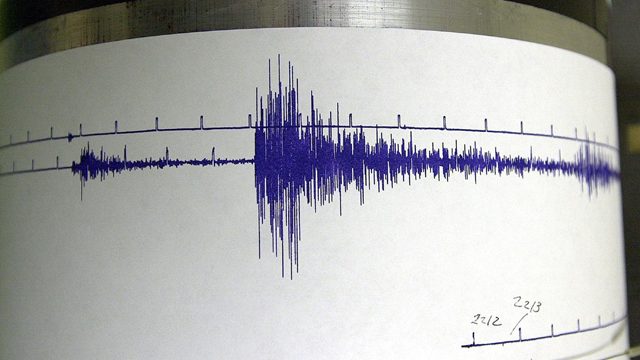
A day after ordering the closure of bars that do not have a license to serve food, San Diego County took measures to control the spread of COVID-19 a step further Tuesday -- by restricting restaurants that serve alcohol, too.
Supervisor Greg Cox announced that restaurants that serve food with alcohol must now close from 10 p.m. to 5 a.m. each night through the month of July. Those already in the establishment before 10 p.m. can stay until 11 p.m. but no new patrons should be accepted.
"We know this is frustrating, but we simply cannot go on with business as normal while the virus continues to ravage our nation and our community," Cox said.
The move was made ahead of what is typically a social Fourth of July weekend in order to preserve the integrity of our health care system, Supervisor Nathan Fletcher said.
San Diego County saw it's highest hospitalization rate on Tuesday with 493 admitted for COVID-19 related treatment. There were 182 people in the ICU. Two weeks ago, There were 316 COVID-19-related hospitalizations, the county noted.
"Our aim and our intention in all of the things we’re doing is to stay open," Fletcher said, explaining that they were targeting only segments of the restaurant and bar industry that public health officials deemed to be the most problematic.
On Tuesday -- without a mandate from the state but because surrounding counties were doing so -- San Diego County officials ordered bars that do not have a license to serve food to close until at least Aug.1, at which point their reopening would be re-evaluated.
California
News from across California
San Diego County public health officials noted that at least 40% of community outbreaks -- those that do not occur in congregate living settings -- were from events in people's homes, like backyard BBQs and gatherings, or from restaurants and bars where people tend to "let their guards down."
"Having San Diego bars open exposes us to the risk of larger crowds here celebrating the (July 4th) holiday and our establishments in accelerating the spread of the virus. It is a risk we do not want to take," Cox said.
There were 24 active outbreaks in community settings, 10 of which have occurred in the last seven days. Out of the active outbreaks, six were in restaurant/bars and five were in residences. Four were at retail stores and three were at businesses. The remaining categories had one outbreak each.
There were 317 new COVID-19 cases reported in San Diego County on Tuesday out of 7,382 total tests for a 4% positive rate. Four more people have died from COVID-19.
The majority of cases are now among the 20 to 49 age range -- the group more likely to go out and interact with people who are not in their household.
They again urged residents to avoid social gatherings with people outside of their own households.
San Diegans wondered if beaches would close for the July 4th holiday as well. Nearby Los Angeles County closed all of its beaches, piers, access points and bike paths were to close for the Fourth of July weekend.
Cox said that as of yet, beaches would not be closed but it was at each city's discretion to close beaches if officials felt they could not keep up with enforcement.
Public Health officials don't believe there will be a need to close down beaches because, to date, all community outbreaks in San Diego County have been in enclosed settings. They have not seen any outbreaks from beaches, parks or protests.



